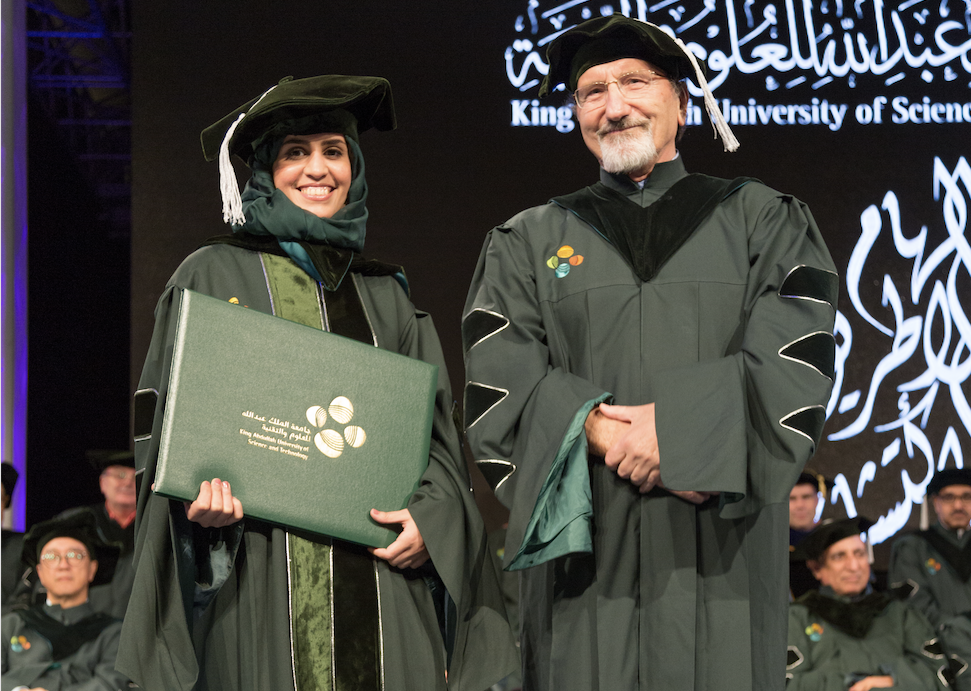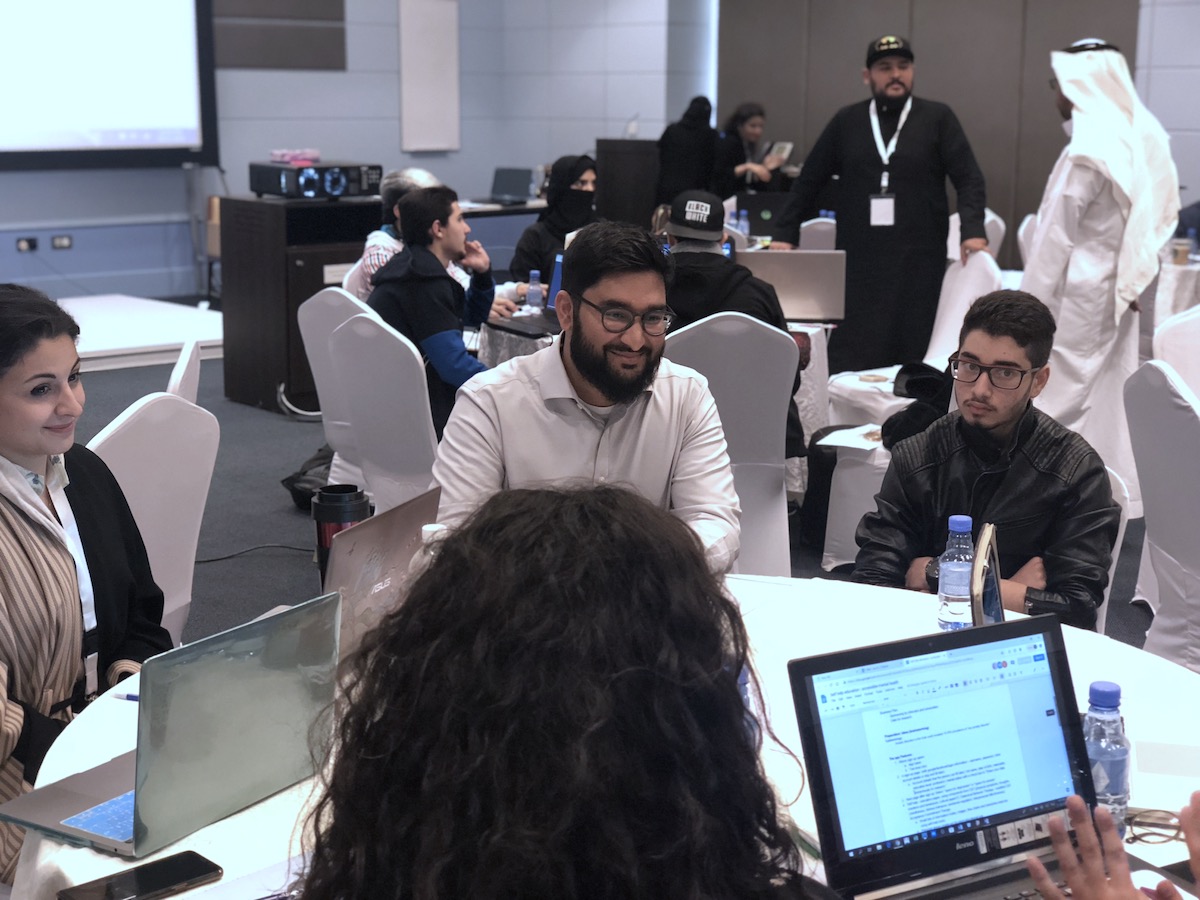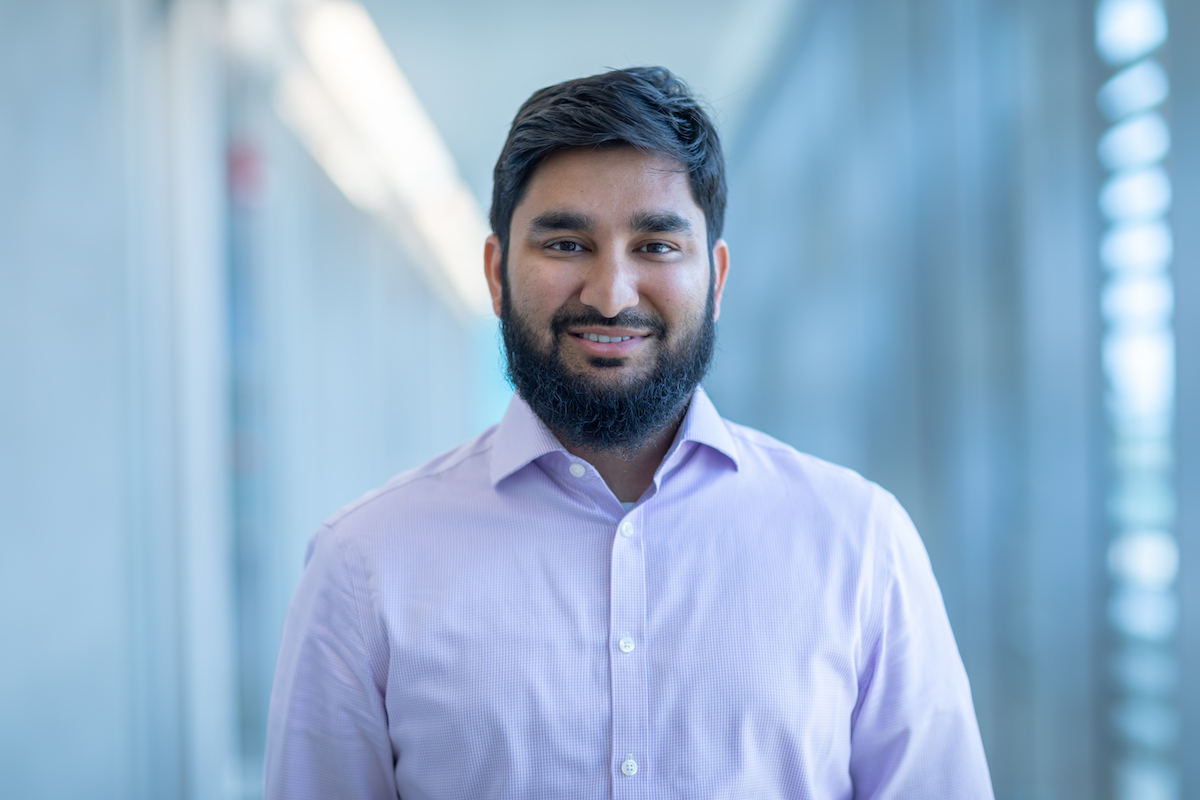KAUST participates in MIT Hacking Medicine event

KAUST alumni and students take part in the first MIT Hacking Medicine event in the Middle East at Princess Nourah Bint Abdulrahman University in Riyadh, Saudi Arabia, at the end of 2018. File photo.
Four KAUST alumni and 10 students came together with innovators from diverse backgrounds to brainstorm and build innovative solutions during the first MIT Hacking Medicine event in the Middle East. The event took place at Princess Nourah Bint Abdulrahman University (PNU) in Riyadh, Saudi Arabia, from November 29 to December 1, 2018, and was organized by the MIT-Ibn Khaldun Fellowship (IBK) Alumni Society and sponsored by King Abdulaziz City for Science and Technology (KACST).
The IBK is a competitive fellowship program for Saudi female scientists and engineers holding Ph.D.s to conduct research at MIT. The program takes place in cooperation with other local organizations and universities and with support from Saudi Aramco.

KAUST alumna Haleema Al Amri organized the University's participation in the recent MIT Hacking Medicine event in Riyadh. Here Al Amri is shown receiving her Ph.D. on campus. File photo.
"The MIT fellowship enabled me to challenge myself and to explore the concept of open innovation and how to apply it using different models," Al Amri noted. "While at MIT, my colleagues from the IBK Fellowship Program and I established the MIT-IBK Alumni Society to introduce the concept of social innovation in Saudi Arabia via ongoing collaboration with MIT. This was our first formal collaboration as an alumni community."
"The concept of a 'hackathon' revolves around the development of new techniques and solutions to complex problems, so it is not a competitive environment but rather a collaborative effort to achieve a common goal," she added.

The recent MIT Hacking Medicine event in Riyadh consisted of 100 people—including KAUST alumni and students—working on a specific problem involving healthcare, science, engineering and business development. File photo.
"I was fortunate to share my knowledge in bioscience with my team and to assist them with basic skills in problem solving, critical thinking and working under pressure," explained Ameerah Bokhari, a KAUST Ph.D. alumna whose degree is from the University's Biological and Environmental Sciences and Engineering division. Bokhari also acted as a mentor to the participating teams.
"It was a great opportunity for me to gain new experience as a mentor and to meet and discuss new ideas on different topics," she said.

KAUST alumnus Babar Khan participated in the recent MIT Hacking Medicine event in Riyadh, noting, 'It [was] a rare opportunity to see such a unique crowd in one place' at the event. File photo.
"MIT Hacking Medicine is a unique event that brings together scientists, technologists, physicians and enthusiastic young people who want to innovate life-changing technology," Khan said. "It is a rare opportunity to see such a unique crowd in one place, and that was my main motivation to participate in the event."
"It's good to see your team win, but it's even better to witness people from different backgrounds working together in teams and forming networks to solve problems," he added. "Who knows—we might learn that those who participated will forever change the world we know five years from now."
Related stories:
- KAUST Associate Professor Taous-Meriem Laleg-Kirati finalist at Leadership Excellence for Women Awards & Symposium
- Alumni Focus: Aftab Hussain
- KAUST students participate in Europe's leading hackathon event
-
First KAUST Hackathon and Second NVIDIA Workshop Bring Computing Talent to Campus

